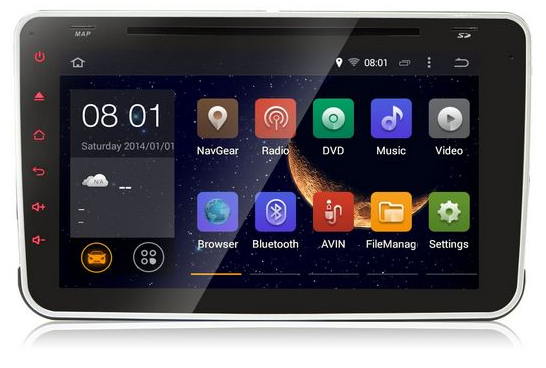Installing an LCD, or liquid crystal display monitor in your car can add a convenient method of visual entertainment, as well as practical functionality. The LCD monitor could be used for watching DVDs, playing video games, or for GPS navigation systems. It can be useful for long trips or just driving around town. To learn how to install an LCD monitor in your car, consider these suggestions.
Steps
1.Determine the location for the monitor. When installing an LCD monitor in your car, determining its intended purpose will help you know exactly where it should be installed. If the video playback will be primarily for children, for example, a popular option is to locate the monitor on the back of the front seat headrests for back seat viewing.
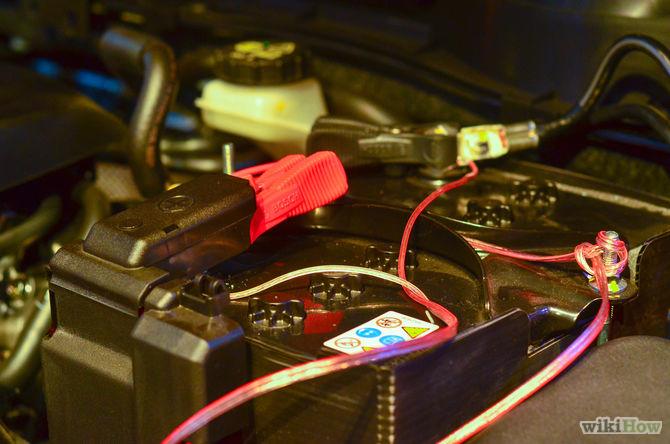
2.Disconnect the cables from the vehicle’s battery. Raise the hood and locate the vehicle’s battery. Verify the correct sized wrench or socket and remove the terminal attaching the battery cables to the battery. Disconnecting the battery will help ensure your safety, and protect the electronic components of your vehicle from short circuits.
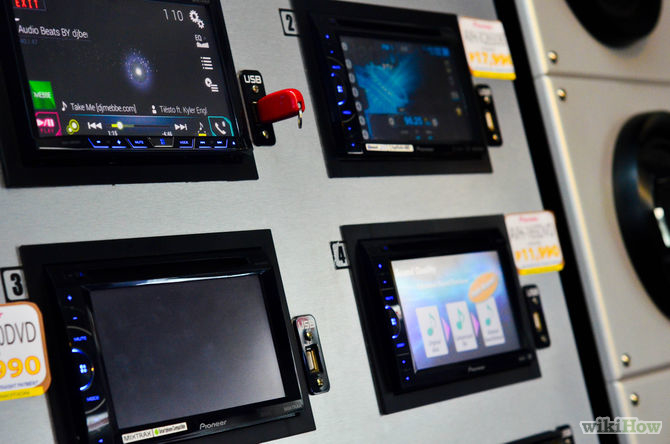
3.Purchase new headrests with built-in LCD monitors from an electronics dealer. This is the easiest method of installing an LCD monitor for back seat viewers.
- Remove the old headrests by simply pulling them up from the seats.
- Insert the new headrests in the same place. Attach the wiring to the DVD or video game player and nearest power source.
Mounting LCD Monitors in the Vehicle Dashboard
- Purchase an LCD monitor designed to retrofit the dashboard of your vehicle.This is the best option if the monitor is to be used by the driver and front seat passenger. Using standard tools, locate the screws or pins holding the face plate and any other cover from around the vehicle’s stereo receiver.
- Unplug the existing wiring harness from the receiver and remove the old unit. Plug in the new LCD monitor unit into the wiring harness and insert it into the dashboard.
- Reattach the face plate and other covers around the new unit. Take precaution not to strip mounting screws by over tightening.
2. Reattach the battery cables. Place the terminals back on the battery and tighten with correct sized wrench. Now that the power had been restored, turn the new LCD monitor on and adjust the settings according to the manufacturer’s instructions. Test all the functions of your new unit, including the video and audio.
Source: Wikihow.com










![0]3](A@_CR@8B2PO6M7JJJ9](https://blog.autopumpkin.com/wp-content/uploads/2015/07/03A@_CR@8B2PO6M7JJJ9.png)

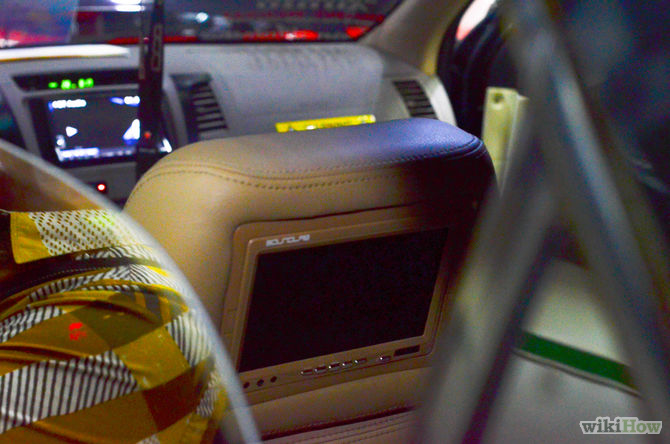

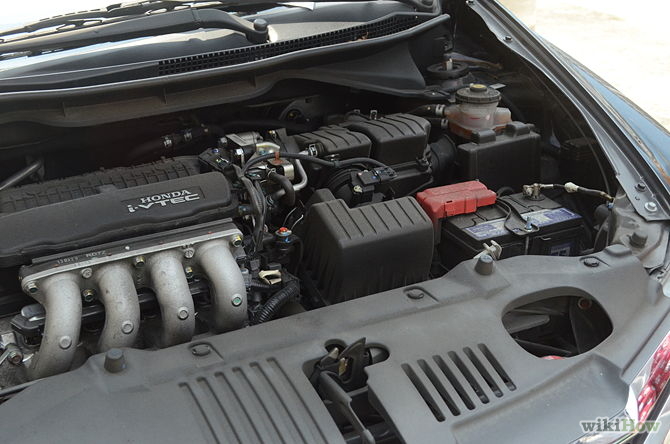 2. Disconnect the vehicle’s battery by pulling off the negative cable.Wire the camera to the battery according to the instructions provided with your kit. The battery acts as the camera’s power source
2. Disconnect the vehicle’s battery by pulling off the negative cable.Wire the camera to the battery according to the instructions provided with your kit. The battery acts as the camera’s power source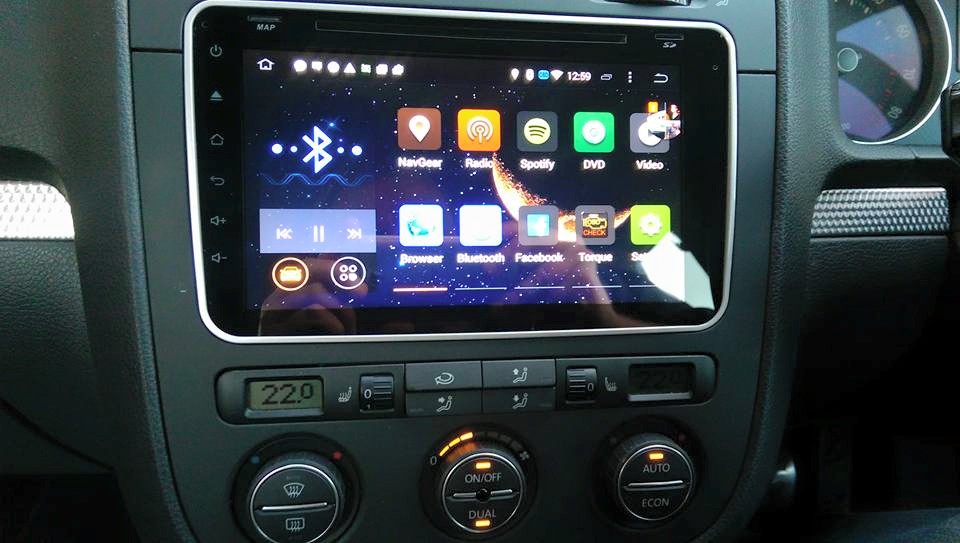
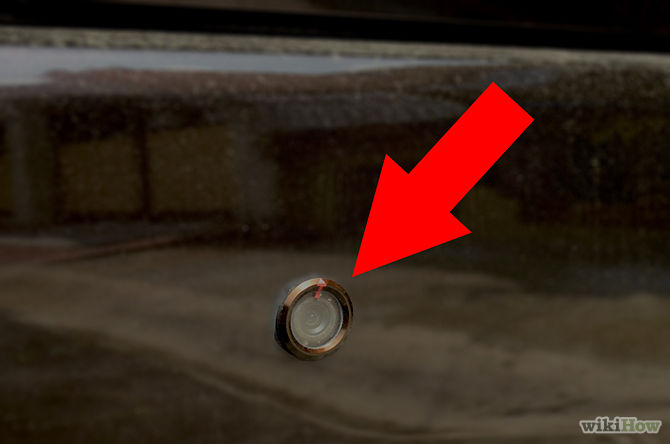
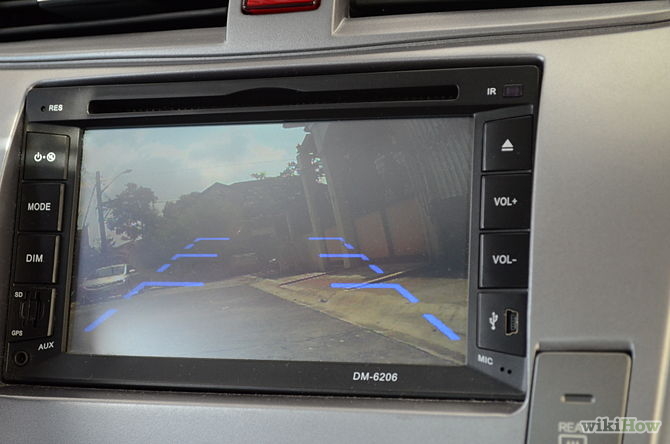 5. Test the camera before attempting to drive with it.Make sure you can clearly see what is behind the car. Turn on the camera and monitor, place an immovable object behind the car, put the car in reverse but keep your foot on the brake, and verify that you can see the object in the monitor.
5. Test the camera before attempting to drive with it.Make sure you can clearly see what is behind the car. Turn on the camera and monitor, place an immovable object behind the car, put the car in reverse but keep your foot on the brake, and verify that you can see the object in the monitor.